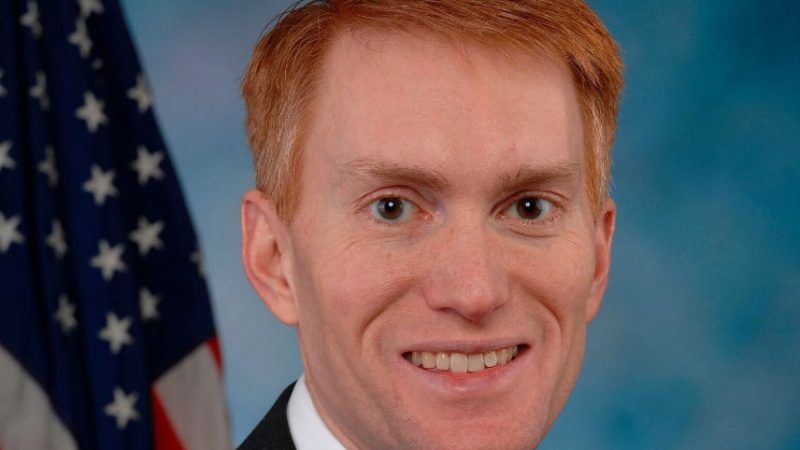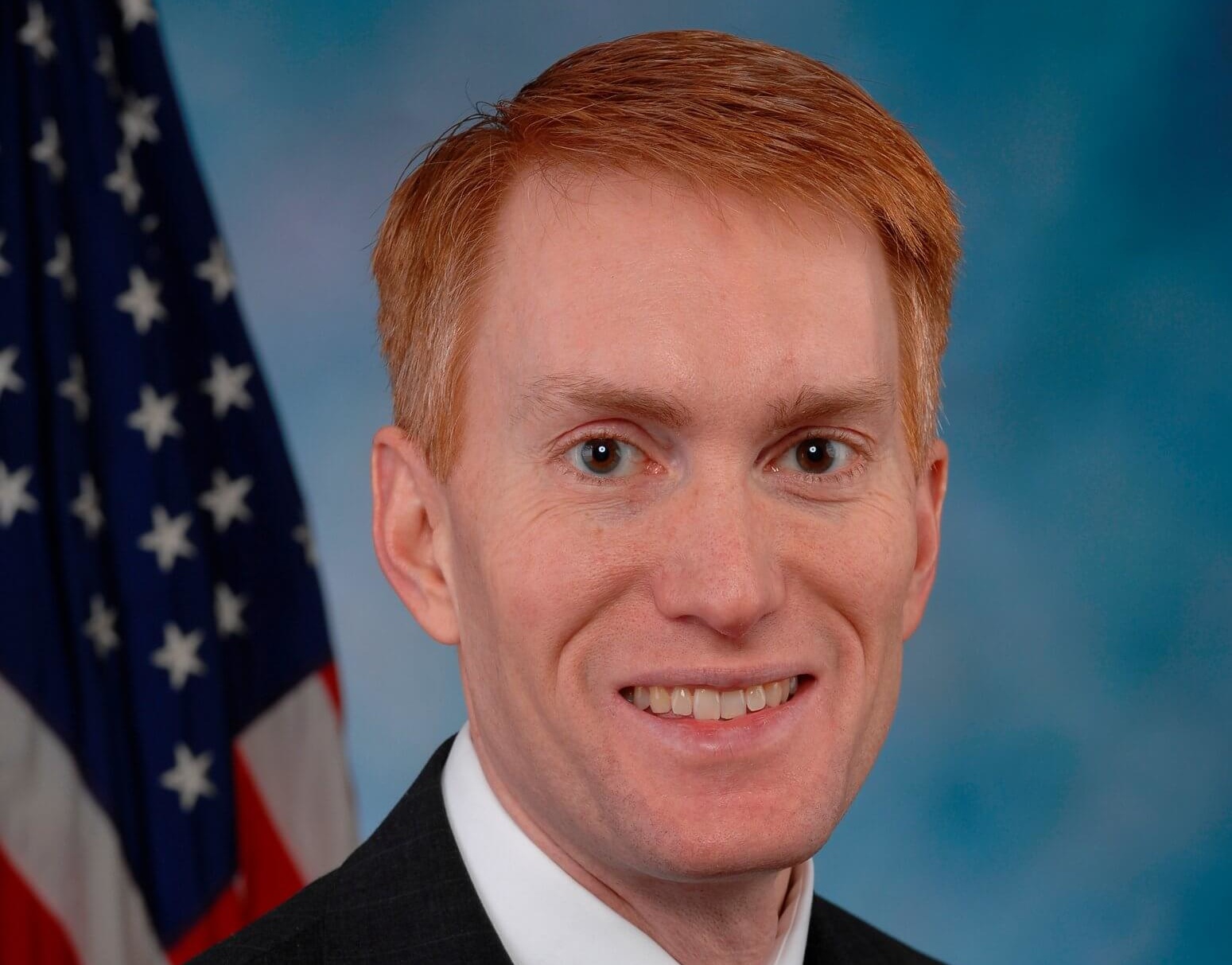Senate Fiscal Hawks Could Strangle Tax Reform in its Crib
James Lankford's "I am a no" makes at least three GOP senators who worry that the debt/deficit math doesn't add up


Most of the tax-reform legislative war-gaming articles until now haven't featured the name of Oklahoma's junior senator, Republican James Lankford. That's now likely to change after Lankford's appearance on Sunday's Meet the Press, where he said "I am a no" if the final cut/reform package increases the debt too much. Here's the whole exchange with Chuck Todd:
Todd: […] [D]o you have a red line? You've been a big deficit hawk in the past. If this increases the debt, is that something you're comfortable with supporting even if the debt is increased given that you've been a pretty tough critic of increasing the debt in the past?
Lankford: I'm actually not comfortable with increasing the debt. This is something that's been a behind-the-scenes conversation for a long time. It's one thing to be able to cut taxes, it's another thing to be able to say, 'how are going to deal with our debt and deficit?' So my main focus has been whatever economic growth model we put in place has to be reasonable to be able to do it. So if we cut taxes right now, we're expecting a .4 percent growth in the economy to be able to offset that. That's a pretty conservative estimate of economic growth. Our economy for the past ten years has not grown above two percent, or about three percent a single year. We are stuck in a rut. We're going to have to bump the record player to get something going on the economy again and that we want to be reasonable on our assumptions to do it.
Todd: So if this tax bill increases the debt too much, you're a no?
Lankford: I am a no. I want to make sure we have reasonable assumptions in the process for growth estimates.
You don't need a microscope to see the wiggle room there—"reasonable assumptions," "too much," a desire to "bump the record player," etc. But "I am a no" is a pretty stark opening bid on negotiations, particularly when combined with other reluctant fiscal hawks, such as the officially off-the-reservation Sen. Bob Corker (R-Tenn.). "[If] we're adding one penny to the deficit, I am not going to be for it, OK?" Corker told Todd five weeks ago.
Then there's Corker's fellow Trump-refusenik and debt-worrier, Sen. Jeff Flake (R-Ariz.). "If we are going to do 'cuts, cuts, cuts,' we have got to do wholesale reform," Flake said after the reform package was introduced. "With the national debt exceeding $20 trillion, we have got to take this seriously.…We cannot simply rely on rosy economic assumptions, rosy growth rates, to fill in the gap. We've got to make tough decisions. We cannot have cuts today that assume that we'll grow a backbone in the out years."
And it's important to recognize, as I point out in today's L.A. Times, that the final bill, if one ever comes, is almost certain to generate even more debt than this week's model, due to legislators' unwillingness to take away the cookie tray:
[G]oing after any tax deductions and loopholes requires some political courage to face down outraged recipients and their organized lobbies. So ask yourself this: When's the last time this Congress has exhibited anything approaching bravery?
This is a legislature that hasn't passed a proper budget in 20 years, that can't fulfill promises large (replacing Obamacare) or small (killing off the Export-Import Bank), that hasn't even been able to muster changes to the century-old Jones Act in the wake of Hurricane Maria. A body that can't bear to jeopardize all of 1,500 shipping jobs in the course of helping 3.4 million devastated Americans is not likely to hold the line on killing the State and Local Taxes (SALT) deduction. […]
SALT and the mortgage-interest deduction cut are the two biggest fillers of the $4-trillion hole, so caving on that could blow whatever slim chance there is for passage in the Senate.
Read the whole thing here. Then watch Nick Gillespie explain how "The Trump Tax Plan Is Government as Usual":


Show Comments (29)